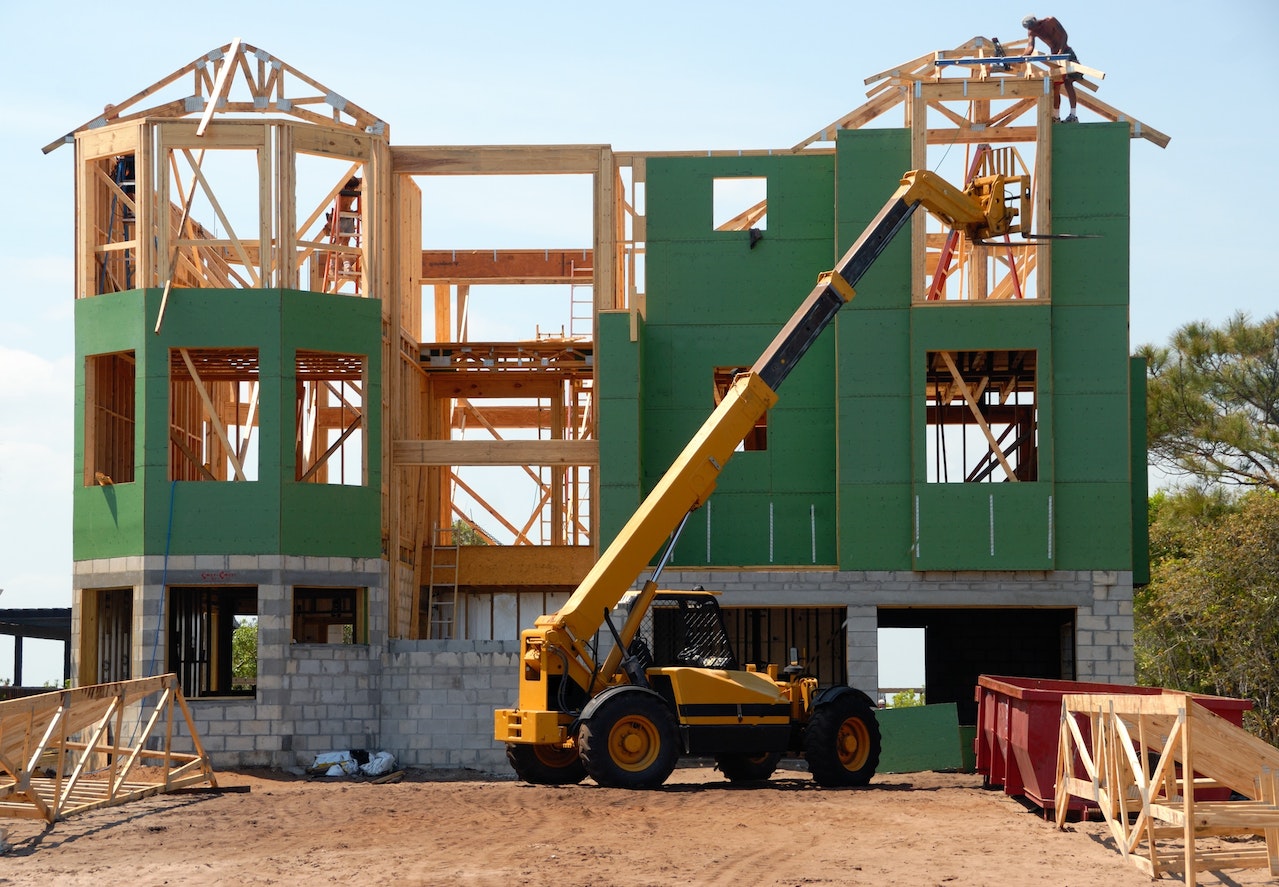
Protecting your home in an era of climate abandonment
___
Published Date 3/21/2025
Are you “zoned?” In other words, do you live in a place (risk zone) where “climate abandonment” has or is becoming a reality?
According to First Street (as reported by Realtor.com’s Allaire Conte), climate abandonment is a term used when an area is ripe for a sustained population decline due to risk of disaster and home insurance premium spikes. In the past five months alone, extreme weather has caused billions of dollars in damage to property in these areas.
For example, the wildfires in Los Angeles could easily exceed $30 billion in damages, while Hurricane Milton’s climate-torn residents are looking at $175 billion. Meanwhile, the hurricane already inflicted $48 billion in property damage, says Conte.
Global Earth Day’s Aiden Charron says homeowners “need to understand that these extreme weather events are no longer once-in-a-lifetime occurrences.” Conte confirms that more than 21,000 counties in the U.S. are experiencing population decline due to climate risks, according to the latest First Street report, now dubbed “climate abandonment” areas.
Conte reports that property values in these areas are expected to decline 6.2% through 2055, according to the report. California’s Fresno County is expected to take the biggest hit, with projected home value losses of up to 10.4% over 30 years. The report also projects that the county’s population will decline 46% over that period, while insurance premiums rise 56%.
Other top climate abandonment areas by projected population loss include Ocean County, NJ, Monmouth County, NJ, Sacramento County, CA, and Jefferson County, AL.
So if you live smack in the middle of high risk areas, how can you mitigate damage? The first is to admit and accept that some of these climate change effects are inevitable — such as wildfires. A home's roof is one of its most vulnerable fire targets. “Wind-driven embers from distant wildfires can travel up to 5 miles, land in an eave, and ignite,” says Conte. “Choosing a Class A roof provides the highest level of protection, as these roofs are tested to withstand temperatures of 1,400 degrees Fahrenheit and winds up to 12 mph.” Using fire-resistant materials distributed around the rest of your home’s exterior can also create a defensible barrier around your property. “Aim to have an area of 30 feet completely free of dead plants and tree branches, and reduce any fuel within 100 feet of your home,” she says.
If you live in a flood zone, know that FEMA says flooding is the most common and costly natural disaster. Just 1 inch of floodwater can cause $25,000 in damage to a home. Defending your home from floodwaters means first understanding your base flood elevation — the estimated high watermark for floodwaters in your area. Look to elevate utilities and pipes at least 12 inches above this threshold to prevent the most costly damage, while directing water away with landscaping that slopes away from your house. Keep drains clear and free of debris.
It’s also not a bad idea to add floodproof exterior walls to help fend off shallow flooding, and install sump pumps with backup batteries to quickly drain the most at-risk areas of your home.
Roofs are as vulnerable to hurricane and tornado disasters as they are to wildfires. Conte says metal roofs offer the highest level of protection against high winds, hail, and other debris.
Now it’s time to reinforce other breach points like windows, doors, and garages with wind-rated replacements and bracing. “If you’re retrofitting your home, storm shutters can be installed over existing features for a more cost-effective fix,” says Conte. Replacing windows with hurricane glass is a smart move. Also look at landscape preventative maintenance. Broken tree limbs can break through windows or even walls, causing damage to your home and making it more susceptible to high winds. “Opt for mulch instead of rocks or gravel, and secure outside structures like sheds and even patio furniture with tornado anchors,” she adds.
For a home to be safe from the hurricane devils, it takes more than an exorcism, however. Your home must be able to withstand high winds, flooding, debris, and even fire (caused by downed power lines or broken gas lines) for an extended period.
You can hurricane-proof exterior doors by adding at least three hinges and a deadbolt at least 1 inch long, and get a wind-rated and impact-resistant garage door, Conte’s research tells her. “Not only is the garage a vulnerable breach point, but it can also serve as protection for your vehicle. Cars can be swept away by just 12 inches of water.”
None of this is inexpensive, however. The cost of making climate-resilient upgrades can lead homeowners to put off these types of “what if” projects. A fire- and wind-resistant metal roof, for example, can cost up to $10K to install. Not making these changes? With climate change projected to erase $1.47 trillion in property values by 2055, hardening your home now is the best way to mitigate damage.
Realtor, TBWS
All information furnished has been forwarded to you and is provided by thetbwsgroup only for informational purposes. Forecasting shall be considered as events which may be expected but not guaranteed. Neither the forwarding party and/or company nor thetbwsgroup assume any responsibility to any person who relies on information or forecasting contained in this report and disclaims all liability in respect to decisions or actions, or lack thereof based on any or all of the contents of this report.


Millenium Home Mortgage
Manager
NMLS: 51519
Millenium Home Mortgage LLC
1719 Route 10 East, Suite 206, Parsippany NJ
Company NMLS: 51519
Office: 973-402-9112
Email: connie@mhmlender.com

Millenium Home Mortgage
___
Manager
NMLS: 51519
Last articles
___

The Housing Price Index showed expected gains in home values
3/25/2025
January FHFA Housing Price Index showed a MOM price increase of 0.2% which was..... view more

Real estate market awakens from 'winter hibernation'
3/24/2025
Along with the rites of spring comes the spring thaw, and those buds emerging fr... view more

Protecting your home in an era of climate abandonment
3/21/2025
Are you “zoned?” In other words, do you live in a place (risk zone) where...... view more

Markets get a calmer day after a week of volatility
3/21/2025
Yesterday the 10 year note closed 1 bps down from...... view more

February Housing starts were better than expected
3/18/2025
February Housing Starts were much better than expected, 1.501M versus...... view more

Hammering down housing costs one permit at a time
3/17/2025
The chicken or the egg. The straw that stirs the soup. However you want to refer... view more

Cracking under pressure
3/14/2025
When does renovating a house you just bought become a nightmare?... view more

Markets get a breather as Government shutdown seems less likely
3/14/2025
Stock indexes fell yesterday, this morning the key indexes started better...... view more

Markets see mixed trading
3/11/2025
The February NFIB Small Business Optimism Index dropped from...... view more

What New Homeowners Really Want in 2025
3/10/2025
When it comes to buying your first home, it’s only logical to hope for...... view more
Load more
 Millenium Home Mortgage LLC
Millenium Home Mortgage LLC

